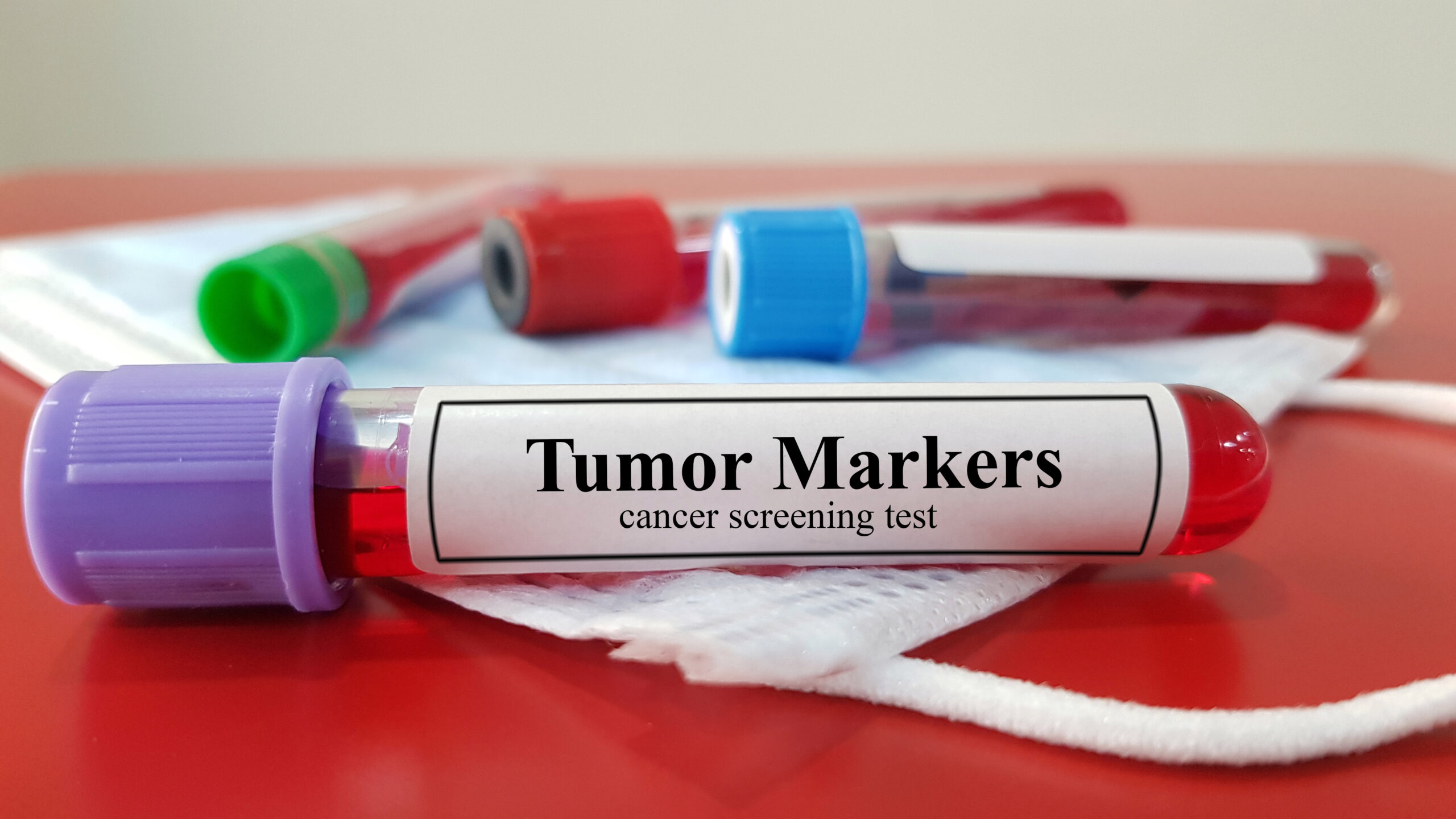Early medical diagnosis is crucial to having an optimal state of health. Detecting diseases in their early stages increases the chances of successful treatment, but it can also save many lives.
Advances in technology and greater openness to frequent check-ups have reduced the number of advanced-stage diseases; however, there is still a long way to go.
For this reason, we want to provide you with relevant information today so that you can prioritize prevention and enjoy your life with complete peace of mind.
What is an early medical diagnosis?
Let's start by defining what an early medical diagnosis is. It is basically the process of identifying a disease or condition in its early stages to detect any health problems before they become serious.

The importance of early medical diagnosis
The benefits of diagnosing early are multiple, but these three can make a substantial difference:
- Effectiveness in treatment: it allows treatments to be more effective. For example, cancer detected in its early stages has a much higher success rate compared to advanced cancer.
This is because cancer cells are less aggressive and more localized, making them easier to remove.
- Reduced costs and stress: early interventions can prevent more extensive and expensive treatments in the future.
In addition, knowing your health status in time can reduce the stress associated with uncertainty and fear of serious illnesses.
- Improved quality of life: detecting and treating diseases in time significantly improves quality of life.

Some chronic conditions, such as diabetes or hypertension, can be managed more effectively if detected early, avoiding serious complications such as heart disease.
Regular monitoring of blood sugar levels can detect diabetes in its early stages, allowing for proper management that prevents complications such as kidney damage and neuropathy.
At BMI, we promote health care and have a series of policies that fit every budget and need. Seguros de Salud – BMI Internacional (bmicos.com)
Common methods of early diagnosis
- Regular health exams: these types of exams, which include blood tests, cholesterol tests, blood pressure monitoring, and physical evaluations, are excellent for monitoring your health.
- Pruebas de imágenes: mammograms, CT scans, and MRIs are essential for detecting tumors and other abnormalities in the body.
- Genetic tests: these are less common but are ideal for identifying predispositions to certain diseases, allowing for preventive measures before the disease develops.

At the family level, it is essential to take certain actions to protect your health, such as educating the new generations on prevention, visiting the primary doctor regularly, and keeping track of medical checkups.
Now, if a condition is detected, it is crucial to follow medical recommendations and undergo regular treatments and evaluations to monitor progress and adjust the treatment plan as necessary.
Remember, in most cases, prevention is the best medicine and can make a substantial difference in achieving optimal health and the quality of life you deserve.














